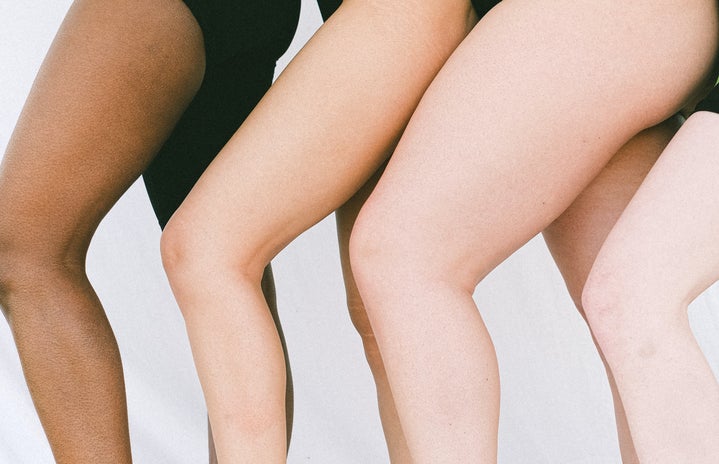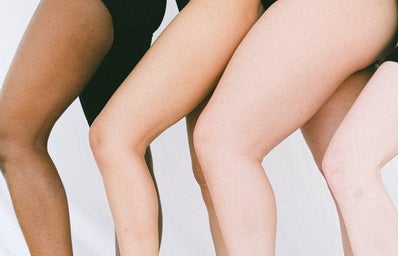
Body-neutrality has been popping up all over Instagram and Twitter. Women are tired of their worth being tied to their looks. Feminists all over America are trying to break free from the brainwashing that the diet industry has done through advertisements and other types of media. Yet, brainwashing takes more than a single glance on a body-positive page to undo. It takes years. It’s especially hard when you live in a state that fits into the “ideal body” more than any other state in the country.
I’m not going to say that we’re the healthiest state because, while we’re known for our outdoor activities and healthy food, we also have a worryingly high rate of eating disorders. CU’s rates of anorexia and bulimia are two to three percent higher than the national average of two percent. That means one in twenty people in a lecture hall deals with an eating disorder. Let that sink in.
I was skinny for most of my childhood due to my immune system and environment. I was so sick that for most of my childhood I was underweight. By the time I went to college my health wasn’t perfect, but a lot better. Due to my health insurance, I had more room to take different medications that I needed to continue my education. The medicine worked like magic. I was healthier than I’ve been in my life. And a lot fatter. Thirty pounds heavier, to be exact. And I was devastated. Why is it that society sees me as unhealthy and lazy when I’ve been working harder on being healthy than ever before? And why in the world did it happen at the beginning of college, and in Colorado?
I was surrounded by the skinniest population in the United States and it was the most humiliating thing in the world. Because it’s one thing to be fat when you’re surrounded by people who look like you but that clearly wasn’t the case. Soon, even strangers came up to me and told me that “It’s just calories in and calories out” and “Just swap the soda for some seltzer water”. I’m a pretty tough person so, for the most part, comments don’t affect me too much, but the more people commented on my body, the worse my self-esteem became. I started skipping classes. I barely went out. I stopped wearing makeup and swapped my skirts with leggings and a dark hoodie every day. Because the more I blend in, the less likely people would pay attention to me.

It was a really dark time for me. I remember doing a math assignment at night with a friend of mine in my dorm. While I thought losing a significant amount of weight was going to solve all of my problems, I found myself staring at my computer screen, dizzier than I’ve ever been. My vision was too blurry to make out the small words on the screen. I started feeling the room spin around me until everything went black and I passed out. And that’s when I realized that I obviously had an eating disorder and every aspect of my life has been ruined by it.
And I took it back. My friend basically dragged me to a health clinic and from there, I worked with my physician, nutritionist, and therapist to get back on track. My vitamin levels started to get back to normal but so did my weight. I struggled with the overwhelming feeling that I was losing control again. But that’s when my treatment team stepped in.
I’m not sick anymore. My body isn’t meant to be bony. I’m curvy like my parents and grandparents, and that’s just how I’m built. I don’t fit into the mold that society deems as a beauty. My flat nose brings out my chubby cheeks and that shouldn’t make me less worthy than a skinny person. My heritage makes me more likely to be pear-shaped and there’s nothing wrong with that either. Instead of fixating on every part of my body, I should accept myself because there’s nothing wrong with me. I started following people like Jameela Jamil who’s one of the biggest advocates for body-neutrality. Lizzo and Naomi Watanabe are just as beautiful and capable as Taylor Swift and Ariana Grande. I’m okay with me.

I congratulate my body for being able to heal itself after years of battling disease. My body is beautiful for being able to keep my heart beating and blood flowing. I’m thankful for my brain to be able to do extraordinary things. Most of the time I still hate how I feel in my body because recovery takes a really long time, but I’m off to a start.


